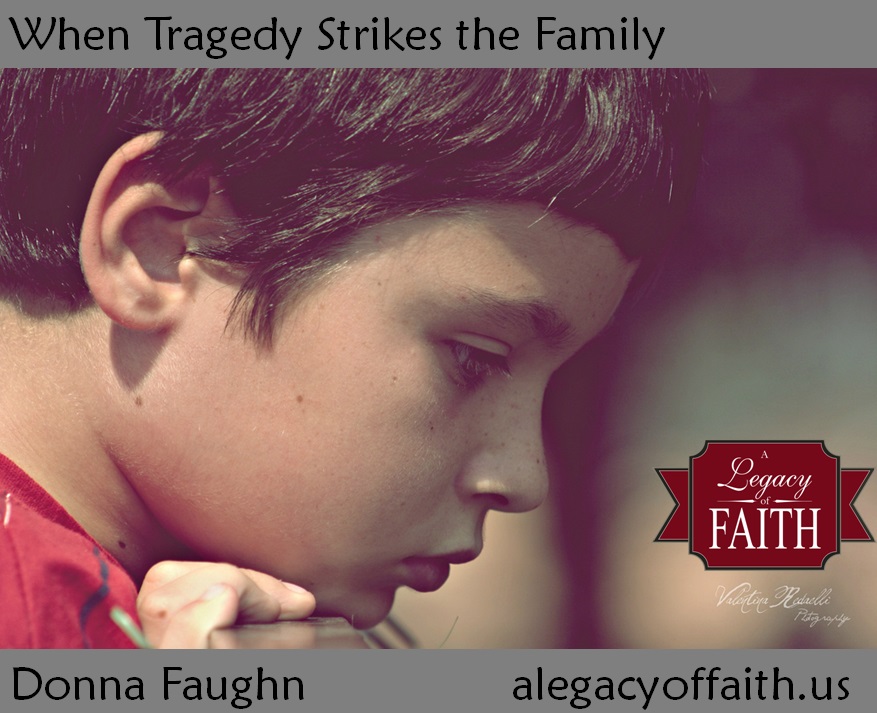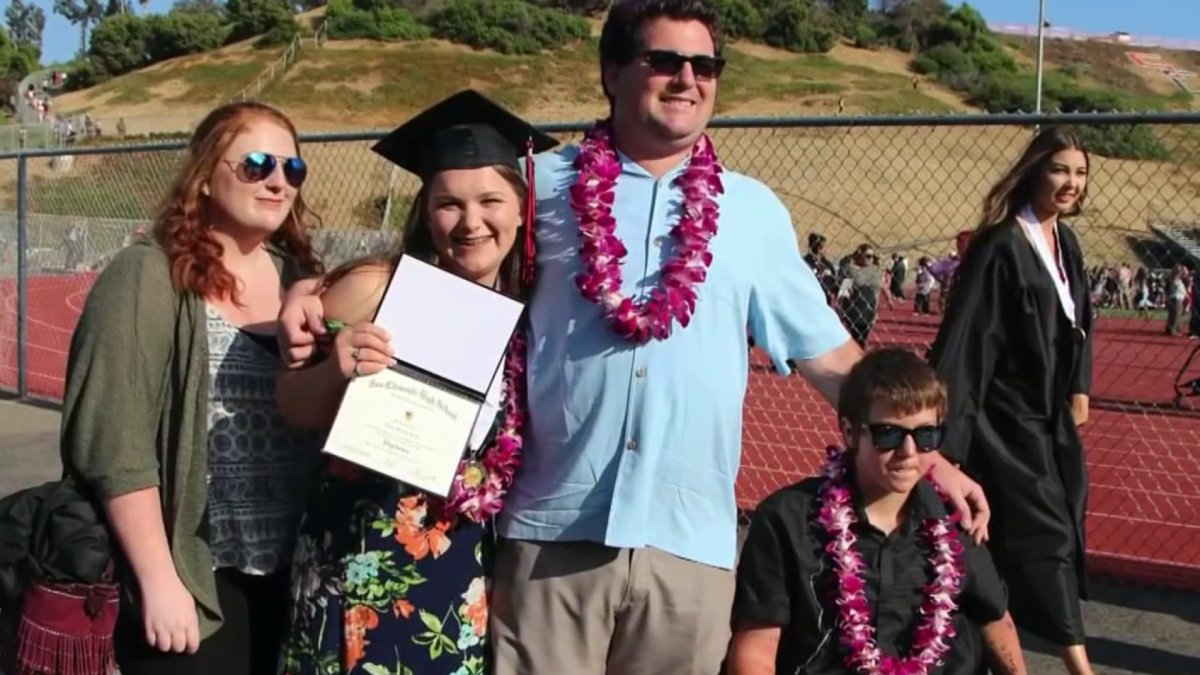**Life can throw curveballs that no one is ever truly prepared for. Imagine waking up one day, and your entire world is turned upside down because of a tragedy that affects your family. It's not just about coping with the emotional pain; it's also about seeking justice after family tragedy. The road ahead might feel daunting, but it's a path many have walked, and you're not alone in this journey. Whether it's wrongful death, domestic violence, or a car accident caused by negligence, the fight for justice is both personal and necessary.**
When we talk about seeking justice after family tragedy, we're diving into a realm where emotions collide with legalities. It's not just about pointing fingers or blaming someone; it's about ensuring that the truth comes to light and that those responsible are held accountable. This process can be overwhelming, but understanding the steps and resources available can make all the difference. From gathering evidence to hiring the right attorney, every move counts.
This article aims to guide you through this challenging journey with actionable advice, resources, and real-life examples. Whether you're at the beginning of your quest for justice or somewhere in the middle, this guide will help you navigate the complexities of the legal system while keeping your mental health in check. Let's dive in and explore what it truly means to seek justice after family tragedy.
Read also:Securely Connect Remote Iot Vpc Raspberry Pi Download Free A Beginners Guide
Here’s the table of contents to help you navigate:
- Understanding Justice After Family Tragedy
- The Legal Process: What to Expect
- The Emotional Impact of Tragedy
- Biography of a Survivor: Real-Life Stories
- Finding the Right Attorney
- Collecting Evidence: The Key to Your Case
- Financial Support: Understanding Your Options
- Community Support: Lean on Others
- Taking Care of Your Mental Health
- Moving Forward: Finding Closure
Understanding Justice After Family Tragedy
So, what does it really mean to seek justice after a family tragedy? At its core, justice is about accountability. It's about making sure that the person or entity responsible for the tragedy is held accountable for their actions. This could mean criminal charges, civil lawsuits, or even policy changes that prevent similar tragedies from happening in the future.
Justice isn't just about punishment; it's also about closure. For many families, knowing that the truth has been acknowledged and that steps are being taken to prevent future harm can be a crucial step in the healing process. However, the road to justice can be long and filled with obstacles, and it requires a clear understanding of the legal system and the resources available.
What Constitutes a Family Tragedy?
A family tragedy can take many forms. It could be a fatal car accident caused by drunk driving, a case of wrongful death due to medical malpractice, or even domestic violence that results in loss of life. Each situation is unique, but they all share one common thread: the need for justice and accountability.
- Wrongful death cases
- Car accidents caused by negligence
- Domestic violence leading to loss of life
- Medical malpractice
The Legal Process: What to Expect
Navigating the legal process after a family tragedy can be overwhelming, especially when you're still processing the emotional impact. The first step is understanding the difference between criminal and civil cases. Criminal cases involve the state prosecuting the individual responsible for the tragedy, while civil cases involve the family seeking compensation for their losses.
In both cases, gathering evidence and building a strong case is crucial. This might involve collecting police reports, medical records, witness statements, and even expert testimony. It's also important to understand the timeline involved in legal proceedings, as they can take months, if not years, to resolve.
Read also:Remoteiot Vpc Review A Comprehensive Guide To Revolutionizing Your Iot Infrastructure
Key Steps in the Legal Process
Here’s a quick breakdown of the key steps you might encounter:
- Filing a complaint or lawsuit
- Gathering and presenting evidence
- Attending hearings and trials
- Reaching a settlement or verdict
The Emotional Impact of Tragedy
Let's not forget the emotional toll that a family tragedy can take. Grief, anger, frustration, and even guilt are all common emotions that families might experience. It's important to acknowledge these feelings and seek support when needed. Counseling, support groups, and therapy can be invaluable resources during this time.
Additionally, it's crucial to remember that seeking justice doesn't mean you're dwelling on the past. It's about taking action to ensure that the future is safer for everyone. Embracing this mindset can help you navigate the emotional challenges that come with pursuing justice.
Biography of a Survivor: Real-Life Stories
Sometimes, hearing from someone who has walked the same path can provide comfort and inspiration. Let's take a look at the story of Sarah Johnson, a survivor who sought justice after a family tragedy.
Data and Biodata of Sarah Johnson
| Full Name | Sarah Johnson |
|---|---|
| Age | 35 |
| Occupation | Teacher |
| Location | Los Angeles, CA |
Sarah's journey began when her younger brother was killed in a car accident caused by a drunk driver. Her story highlights the challenges of pursuing justice while dealing with personal grief. Through determination and resilience, Sarah not only won her case but also became an advocate for stricter DUI laws in her state.
Finding the Right Attorney
Hiring the right attorney can make or break your case. Look for someone with experience in handling cases similar to yours. Don't be afraid to ask questions and seek recommendations from trusted sources. A good attorney will guide you through the legal process, ensure your rights are protected, and fight for the compensation you deserve.
Remember, the attorney-client relationship is built on trust. Make sure you feel comfortable and confident in your attorney's abilities before moving forward.
Tips for Choosing an Attorney
- Look for specialization in your case type
- Check their track record and success rate
- Ask for references and testimonials
- Ensure clear communication and transparency
Collecting Evidence: The Key to Your Case
Evidence is the backbone of any legal case. Whether it's photos from the scene, police reports, or medical records, every piece of evidence can strengthen your case. Work closely with your attorney to gather and organize all relevant information. In some cases, hiring a private investigator might be necessary to uncover additional evidence.
Remember, the more thorough and detailed your evidence, the stronger your case will be. Don't hesitate to seek expert opinions if needed, especially in complex cases involving medical or technical details.
Financial Support: Understanding Your Options
Seeking justice can come with financial challenges. Legal fees, court costs, and even everyday expenses can add up quickly. Fortunately, there are resources available to help alleviate some of these burdens. Many attorneys work on a contingency fee basis, meaning they only get paid if you win your case. Additionally, there are organizations and non-profits that offer financial assistance to families in need.
Explore all your options and don't be afraid to ask for help when needed. Financial stress can add to the emotional burden, so addressing it early can make a significant difference.
Community Support: Lean on Others
You don't have to face this journey alone. Reach out to friends, family, and community organizations for support. Many communities have groups specifically designed to help families dealing with tragedy. These groups can provide a safe space to share your experiences, receive advice, and connect with others who understand what you're going through.
Additionally, consider participating in advocacy groups or volunteering your time to help others in similar situations. Giving back can be a powerful way to heal and find purpose in your pain.
Taking Care of Your Mental Health
Your mental health should be a top priority throughout this process. Grief and trauma can take a toll on your emotional well-being, so it's important to seek professional help if needed. Counseling, therapy, and support groups can provide the tools and resources you need to cope with the emotional challenges of seeking justice.
Remember, it's okay to ask for help. You're not weak for feeling overwhelmed; you're human. Prioritize self-care and make time for activities that bring you joy and peace.
Moving Forward: Finding Closure
While seeking justice is an important step, it's not the end of the journey. Finding closure means coming to terms with the tragedy and learning to live with it. This might involve creating memorials, participating in advocacy work, or simply focusing on rebuilding your life. Closure looks different for everyone, and that's okay.
As you move forward, remember to celebrate the life of your loved one and honor their memory in meaningful ways. Whether it's through storytelling, creating art, or volunteering, finding ways to keep their spirit alive can bring comfort and peace.
Final Thoughts
Seeking justice after family tragedy is a complex and emotional journey, but it's one that can lead to healing and closure. By understanding the legal process, gathering evidence, and seeking support, you can navigate this challenging path with confidence and resilience. Remember, you're not alone, and there are resources and people ready to help you every step of the way.
Take action today by reaching out to an attorney, joining a support group, or simply taking a moment to honor the memory of your loved one. Together, we can create a safer and more just world for everyone.
Feel free to share your thoughts and experiences in the comments below. Your story could inspire and help others on their journey toward justice and healing.


